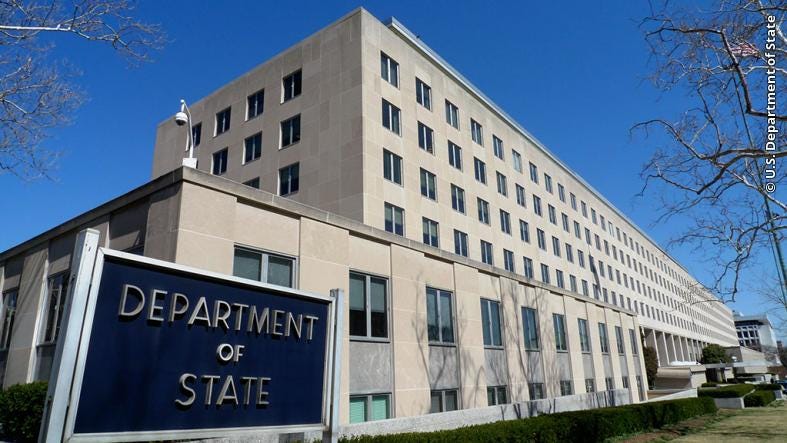On Thursday, a senior Treasury official said, the Biden administration plans to enact sanctions against five Turkish companies and an individual of Turkish nationality, alleging their involvement in aiding Russia in evading sanctions and supporting Moscow in its conflict with Ukraine.
This move occurs at a sensitive juncture in U.S.-Turkey relations, as Washington looks to Turkey to support the ratification of Sweden’s NATO membership when the Turkish parliament convenes again in early October.
Numerous high-ranking U.S. officials, including Deputy Treasury Secretary Wally Adeyemo, have visited Turkey following Russia’s invasion of Ukraine in February 2022, as part of an effort to exert pressure and discourage Turkish companies from aiding Russia in bypassing U.S. sanctions.
As initially reported by Reuters, these designations focus on shipping and trade firms alleged to have assisted in the repair of vessels connected to Russia’s defense ministry under sanctions and facilitating the transfer of “dual-use goods.” This action is a component of a larger set of measures imposing sanctions on approximately 150 targets in Russia, including the nation’s largest automaker.
“For the past 18 months, we’ve shared our concerns with the Turkish government and private sector and informed them of the significant risks of doing business with those we’ve sanctioned who are tied to Russia’s war,” commented a high-ranking Treasury official, requesting anonymity.
“These designations reflect our ongoing commitment to target individuals and entities who provide material support to sanctioned entities,” the official added.
Following Russia’s invasion of Ukraine, the United States and its allies implemented comprehensive sanctions; however, supply routes from Turkey, a Black Sea neighbor, and other trade centers have continued to operate. This has led Washington to issue repeated cautions regarding the export of chemicals, microchips, and other goods that can potentially be utilized in Moscow’s military efforts.
The U.S. Treasury Department has announced sanctions against Margiana Insaat Dis Ticaret and Demirci Bilisim Ticaret Sanayi, both Turkey-based companies alleged to have played a role in facilitating Russia’s import of “dual-use goods” used in its ongoing war against Ukraine. Margiana Insaat Dis Ticaret has been implicated in numerous shipments to sanctioned Russian entities involved in the production of military drones used in the conflict, while Demirci Bilisim Ticaret Sanayi has reportedly supplied sensors and measuring tools to Russia. These companies were not immediately available for comment.
Furthermore, the U.S. State Department imposed sanctions on Denkar Ship Construction for providing ship repair services to previously designated vessels connected to the Russian Defense Ministry. The State Department also targeted Turkey-based shipyard agency ID Ship Agency and its owner, Ilker Dogruyol, as well as CTL Limited, an intermediary involved in shipping electronic components of U.S. and European origin to Russian companies. None of these entities have provided an immediate response to the sanctions.
This broader sanctions package aims to impact Russia’s industrial base, maritime sector, technology suppliers, and facilities involved in the production and repair of Russian weapons systems. It extends to various sectors, including the automotive industry, with Russia’s largest carmaker, Avtovaz, and other automotive manufacturer Gaz Group facing sanctions. Additionally, a major Russian copper producer, Russian Copper Company, and Finnish-based logistics firms Siberica Oy and Luminor Oy, which specialize in shipping foreign electronics to Russia, were also targeted in the action. The sanctions encompass Russia’s construction sector, revenue streams from extractive industries, Russian banks, wealth management consulting, auditing, and investment firms.
(Source: Humeyra Pamuk | Daphne Psaledakis | Polina Devitt | Don Durfee | Alexandra Hudson | William Maclean | Reuters | CNBC)









